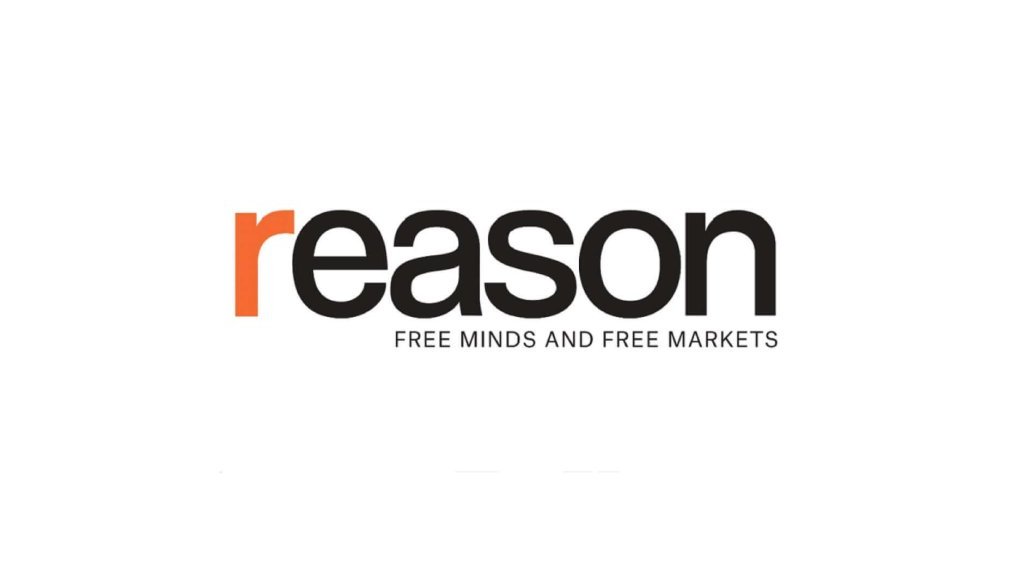Pardoning Corporations (Apropos President Trump’s Pardon of BitMEX)
The Hill (Kimberly Wehle) reported yesterday:
On Friday, Trump issued full and unconditional pardons to four individuals and a related cryptocurrency exchange, BitMEX.
BitMEX solicits and takes orders for trades in derivatives tied to the value of cryptocurrencies, including Bitcoin. Last summer, BitMEX entered a guilty plea in a Manhattan federal court for violating the Bank Secrecy Act for having operated without a legitimate anti-money laundering program. Prior to August 2020, customers could register to trade with BitMEX anonymously, providing only verified email addresses.
As it happens, there’s a forthcoming Comment by Brandon Stras in the University of Chicago Law Review on “Pardoning Corporations.” The Abstract:
Though the Pardon Clause could be interpreted to include or exclude corporate offenses, overlooked history suggests the broader interpretation is the more plausible one. The Clause codified a power that had existed for centuries in England. And corporations were often pardoned at common law—including the Massachusetts Bay Company. This tradition lasted for hundreds of years, and it is the backdrop against which the Framers drafted the Pardon Clause. Even following the Founding, people continued to understand that the pardon power stretched to corporations. Since that time, however, institutional memory has faded.
The President could condition forgiveness on corporate compliance programs or on donations to his political campaign. He could offer pardons to foreign companies to sweeten relations with other countries. He could effectively abolish corporate criminal liability during his terms, at least at the federal level, even for prosecutions initiated by independent agencies. He could pardon his own companies to protect them from prosecution. Or he might even pardon companies that bribed him. Given the sweeping pardon power in Article II, all these decisions fall within the President’s discretion. He does not even need to wait for a company to apply.
Some of these consequences are startling, but Congress can limit the pardon power’s effects in two ways. First, Congress can refuse to appropriate refunds of pardoned fines. At the time of writing, Congress has not appropriated such refunds for individuals or companies. That decision denies people reprieve from the most common, and often most consequential, punishments imposed on companies. Second, Congress can repeal statutes that impose corporate criminal liability and replace them with unpardonable civil infractions, depriving the President of offenses to pardon.
Some state constitutions might also include a power to pardon companies. Though this account is more tentative, some attorneys could be more effective advocates if they encouraged their corporate clients to apply for pardons. Federal juries convict around 100 companies per year; states impose the rest of the corporate criminal liability. In most states, there is little authority one way or the other, which creates opportunities for good lawyering. This is important because, even if the President ne
Article from Reason.com

The Reason Magazine website is a go-to destination for libertarians seeking cogent analysis, investigative reporting, and thought-provoking commentary. Championing the principles of individual freedom, limited government, and free markets, the site offers a diverse range of articles, videos, and podcasts that challenge conventional wisdom and advocate for libertarian solutions. Whether you’re interested in politics, culture, or technology, Reason provides a unique lens that prioritizes liberty and rational discourse. It’s an essential resource for those who value critical thinking and nuanced debate in the pursuit of a freer society.




